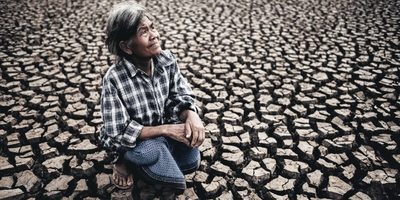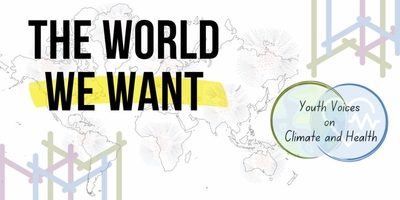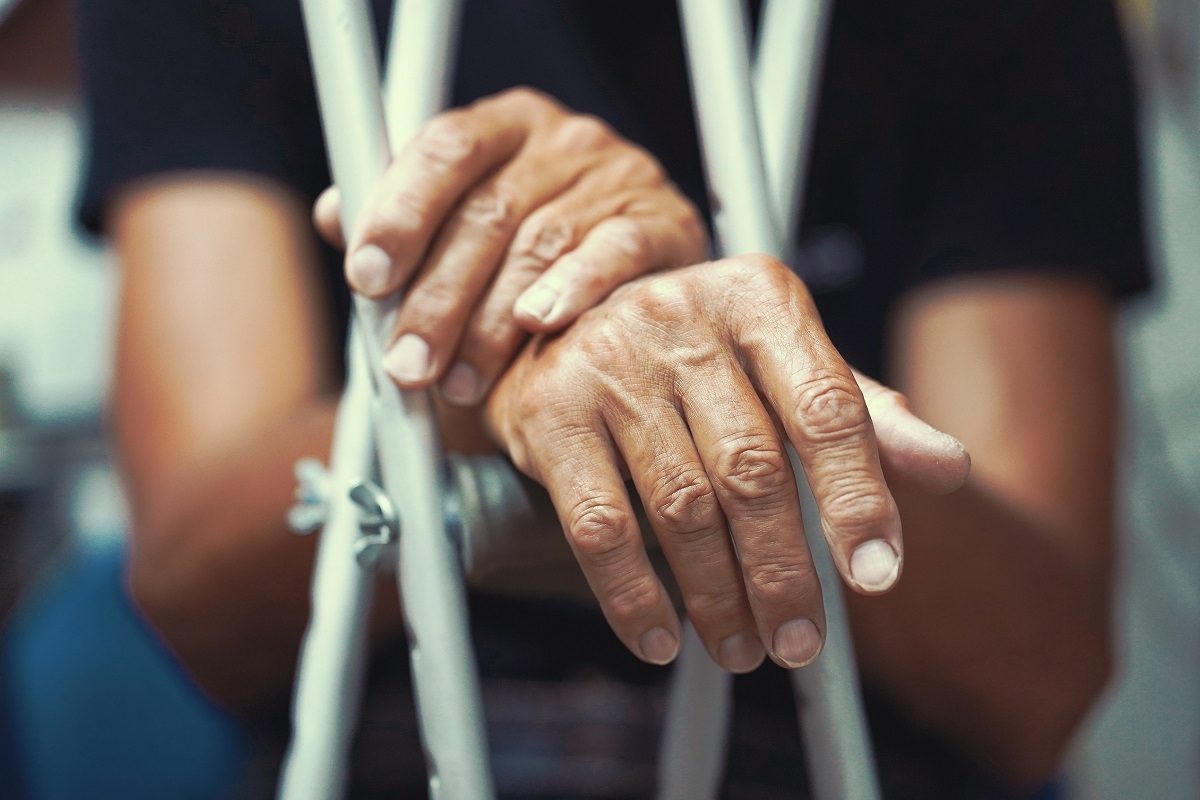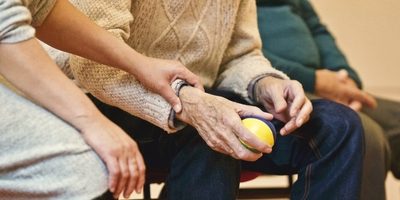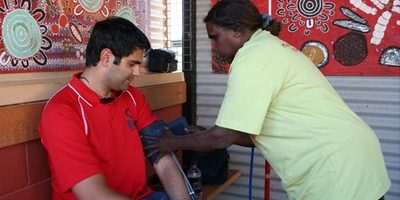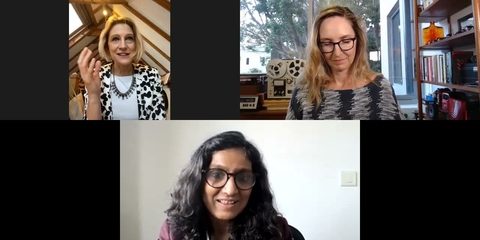As world leaders gather for the 2021 United Nations Climate Change Conference (COP26) on October 31st, The George Institute for Global Health is calling on governments and stakeholders around the world to pull humanity back from the brink by implementing urgently needed, triple-win actions to protect the planet, while promoting health and equity.
UN Secretary General António Guterres called the 2021 Intergovernmental Panel on Climate Change report a “code red for humanity”. The report showed just how close to the brink we are – without immediate and ambitious action, global temperature increases as a result of human-induced climate change will exceed 1.5C above pre-industrial levels by 2030. In this new reality, the burden of non-communicable diseases (NCDs), already the biggest killer of people globally, will continue to grow. Rates of injury, cardiovascular and kidney diseases, respiratory illness and premature mortality will rise along with temperatures. Communities experiencing marginalisation as a result of deep-seated inequalities – growing wider as a result of the COVID-19 pandemic – will be impacted the worst, and decades of hard-won progress on health, development and human rights will be undermined.
Faced with the greatest health and humanitarian crisis the world has seen, all of us must step up. At The George Institute, we are committed to reducing our carbon footprint. A sustainability audit is underway to identify strategies that can accelerate our decarbonisation efforts and could be rolled out across the Institute in future.
We are committed to sharing what we learn, including with other health and medical research stakeholders, who may benefit from the insights we gain. We are committed to growing our Planetary Health programme, which is exploring the intersections of climate change, human health and equity. And we are committed to ensuring that the Traditional Knowledges of First Nations and Tribal peoples, and the voices of other communities experiencing marginalisation, are at the heart of our work.
Based on the latest evidence, The George Institute is calling for governments and other stakeholders to take urgent actions that will have benefits for both planetary and human health, while addressing the growing inequities within and between countries, and between generations.
We call on Governments to:
- Establish a just, fair, and rapid transition to renewable energy that fulfils renewed and ambitious Nationally Determined Contributions that achieve the 1.5C target.
- Phase out the use, import and export of fossil fuels and immediately end public financing of, and subsidies for, the fossil fuel industry.
- In high-income countries, deliver on commitments to mobilise US$100 billion a year in climate financing.
- Ensure decarbonisation strategies are implemented immediately and engage with communities most affected and at risk of climate change to ensure self-determined priorities and solutions.
- Ensure decarbonisation strategies are informed by First Nations, Indigenous and Tribal peoples’ Knowledges to ensure self-determined priorities and solutions.
- Build resilient, climate-ready health systems that can respond to extreme weather events and the increasing, climate-related disease burden, including mental health, with a particular focus on serving communities at greater risk.
- Embed climate change into all existing and future health-related policy to recognise the impacts of global heating on human health and equity outcomes.
- Fund research into the health and equity implications of rising global temperatures under a future scenarios framework.
- Work with communities to establish national dietary guidelines that address environmental sustainability and recognise cultural diversity.
- Adopt a range of regulatory and fiscal measures that aim to reduce ultra-processed foods in the food system and ensure access to healthy, sustainable and affordable diets, rich in plant-based foods, using an equity lens.
- Invest in and promote public transport as an alternative to private vehicles, implement national policies that prioritise walking and cycling, and encourage planning of liveable urban spaces, with a focus on communities experiencing marginalisation.
- Prioritise other dual-benefit mitigation and adaptation strategies that protect the planet, prevent disease and injury (including non-communicable conditions) and promote equity.
We call on health service providers and sector leaders to:
- Decarbonise the health sector by 2030, in recognition of the role the sector plays in exacerbating inequitable, climate-related health outcomes.
- Embed a sustainable development approach in health systems that considers health and equity outcomes in response to climate change.
We call on multinational corporations to:
- Reduce high-emission, unhealthy food options and agricultural practices.
- Rapidly transition away from food processing practices that damage the environment and undermine human health and re-formulate processed food to reduce harmful fats, sugars and salt.
- Implement front-of-pack labelling on packaged foods that carries accessible information about both the nutritional quality and environmental impact of the product.
- Develop innovative packaging and processing techniques for nutritious foods to reduce nutrient losses, remove anti-nutrients, prevent contamination and reduce food losses.*
- Develop new processed products that extend the shelf life of nutritious foods, make them more convenient for consumers to prepare, and reduce food and nutrient losses.*
We call on researchers/academic institutes to:
* Adapted from Hawkes, C., Walton, S., Haddad, L., Fanzo, J. (2020) 42 policies and actions to orient food systems towards healthier diets for all. London: Centre for Food Policy, City, University of London.







